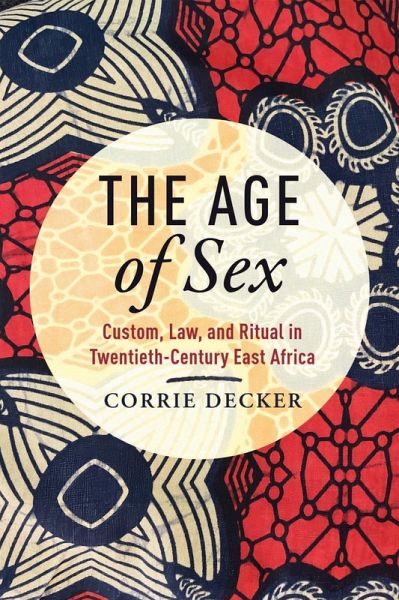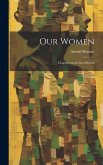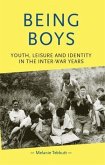As in much of the world, societies in precolonial East Africa--what is today Kenya, Tanzania, and Uganda--used rites of passage to chart an individual's social and developmental progress toward adulthood. Under European colonialism, from the 1890s to the 1960s, colonial judicial systems and the emerging genre of ethnography converged to subject African people to standardized definitions of childhood and adulthood. The coexistence of rites of passage and chronological age regulations generated confusion well into the postcolonial era, and the question of when childhood ends sparked extensive debate about gender, race, and development. Corrie Decker argues that ultimately these debates came down to "the age of sex." The "age of sex," a term Decker conceptualizes in this carefully researched monograph, refers to the hypothetical moment when a "girl" becomes a "woman" capable of engaging in heterosexual activity and a "boy" becomes a "man" imbued with the right and responsibility to have heterosexual intercourse. Colonial ethnographic studies reduced complex precolonial rites of passage to "puberty rites" fixated on these sexual transformations. The resulting stereotypes influenced, in turn, how colonial and postcolonial court officials decided age-of-consent and other sex-crime cases. Court rituals thus legally transformed girls into women by ruling on their sexual maturity and boys into men by sentencing them to corporal punishment marking their acceptance of sexual responsibilities.
Hinweis: Dieser Artikel kann nur an eine deutsche Lieferadresse ausgeliefert werden.
Hinweis: Dieser Artikel kann nur an eine deutsche Lieferadresse ausgeliefert werden.








